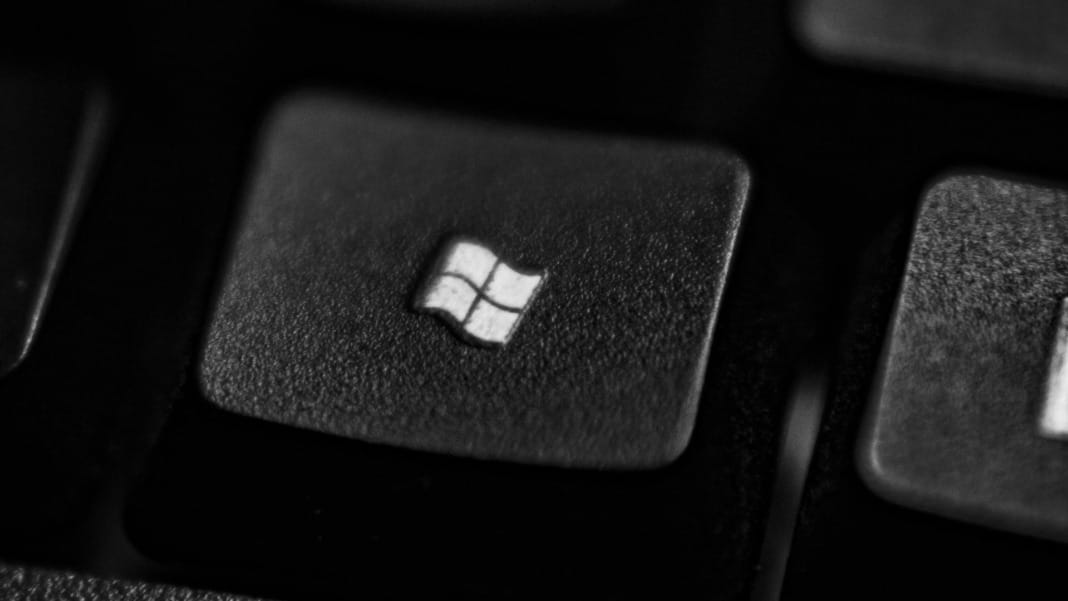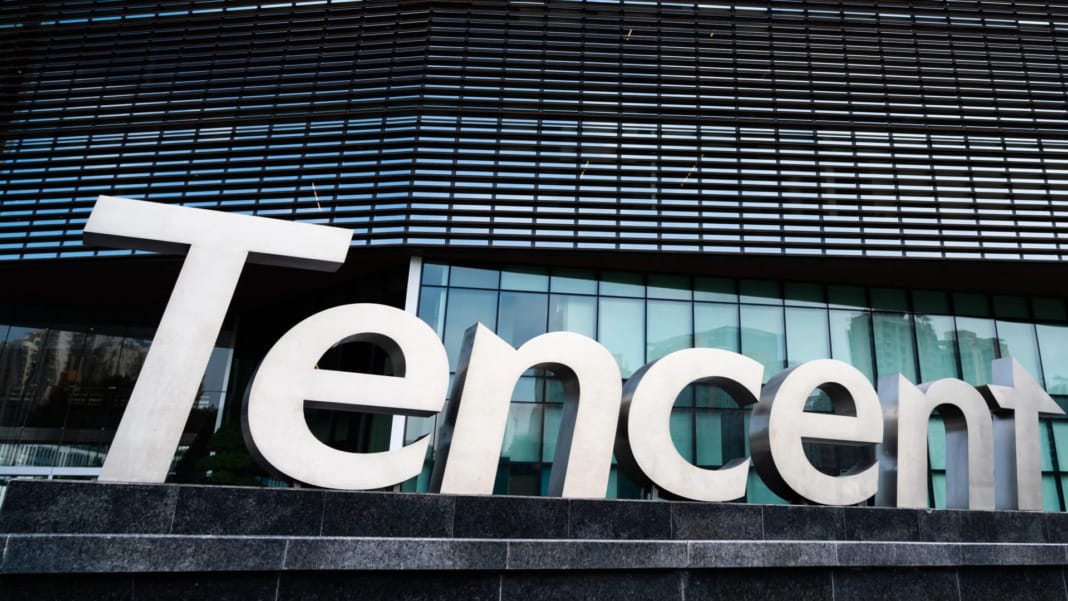In today’s rapidly evolving digital world, cybersecurity threats are becoming more sophisticated, making safeguarding digital assets increasingly challenging. In response, Microsoft has unveiled ‘Copilot for Security’, a groundbreaking generative AI-powered tool to revolutionise the cybersecurity landscape. This innovative platform will become widely available from April 1st, offering a much-needed lifeline to security professionals worldwide.
The battle against cyber threats
The cybersecurity industry faces a critical juncture, with cyberattacks growing in complexity and frequency. Microsoft has observed a significant increase in unique nation-state and financial crime actors, jumping from 200 to 300 within a year. The rise of ransomware has further complicated the scenario, contributing to an estimated global economic loss of US$8.5 trillion this year. This surge in cybercrime and a glaring shortage of skilled cybersecurity personnel—approximately 4 million positions remain unfilled globally—highlights a pressing need for innovative solutions.
Leveling the playing field with AI
Enter ‘Copilot for Security’, developed on the powerful OpenAI GPT-4 model. As the first and only generative AI product tailored for cybersecurity, it has undergone rigorous testing with hundreds of organisations, ensuring its readiness to tackle real-world challenges. This platform identifies and mitigates threats and simplifies the complex security ecosystem by integrating with Microsoft’s comprehensive security portfolio and third-party tools. By processing 70 trillion signals daily, it leverages data to automate mundane tasks and provide actionable insights, making cybersecurity more accessible to professionals.
A new era for cybersecurity
Microsoft’s Copilot for Security represents a significant leap forward in the fight against cybercrime. Combining AI’s speed and scalability with human expertise promises a more robust defence mechanism against cyber threats. Moreover, introducing a consumption-based pricing model ensures that organisations of all sizes can benefit from this advanced technology, paying only for what they need.
As the cybersecurity landscape continues to evolve, tools like Copilot for Security could play a crucial role in shifting the balance of power in favour of the defenders. However, the potential for misuse by malicious actors cannot be ignored. Microsoft is committed to responsible AI development, working closely with partners to ensure the ethical application of this technology.
In conclusion, the launch of Copilot for Security marks a pivotal moment in cybersecurity, offering hope for a more secure digital future. As we look ahead, the next 18 months could determine the trajectory of cybersecurity for years to come, underscoring the importance of embracing AI innovations to combat the growing threat of cybercrime.





